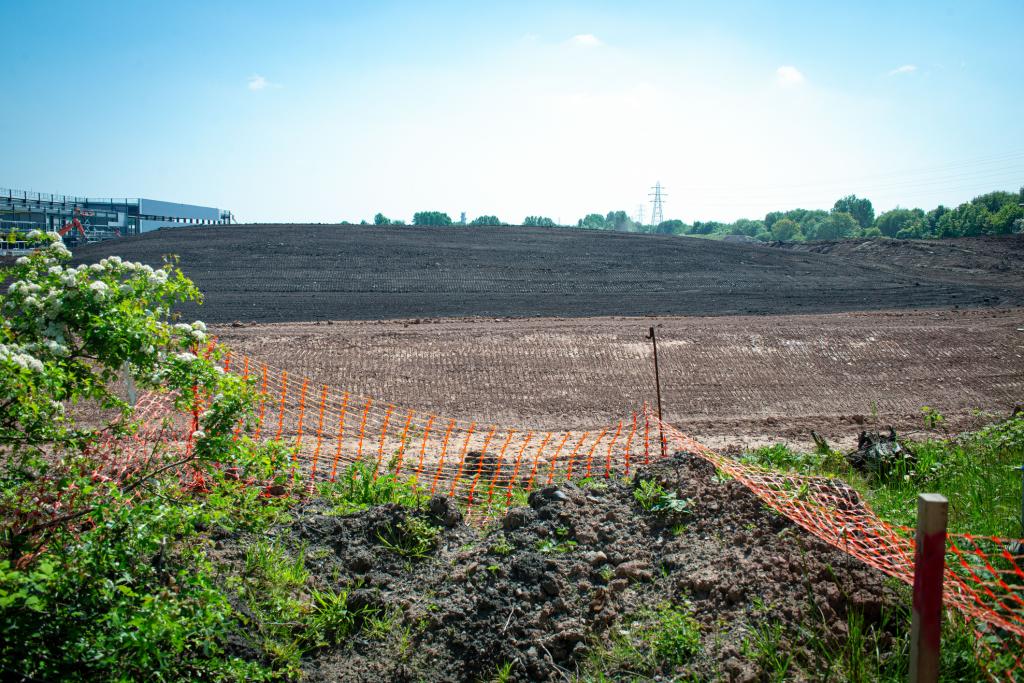
Available to local authorities and other specific bodies, Compulsory Purchase powers (CPPs) are a useful legal mechanism which allow for land to be acquired without the landowner’s consent. CPPs can only be utilised for developments which serve public interest, such as construction of public amenities (e.g. a hospital or school); developing transportation (e.g. railways, roads etc); regeneration projects (e.g. developing brownfield sites); or environmental development (e.g. open spaces, flood defences etc).
The Process
- The authority must demonstrate CPPs are necessary for the development to proceed.
- The authority publishes documentation to inform those affected and the general public.
- Public consultations are held for affected landowners and stakeholders to review the project and raise any objections.
- Once all objections are considered, CPPs are submitted to the Secretary of State.. A public inquiry may be held if the objections are significant.
- If approved, the authority can utilise the CPP. Compensation is payable, typically based on the market value of the property and other statutory heads of claim.
The Implications
For landowners, the process can be emotive and challenging, given the loss of property without consent. While compensation is paid, the amount can be disputed creating additional legal proceedings. The disruption and uncertainty created by the process can impact the business operations or the personal lives of the landowners involved.
From the other side of the fence, CPPs can be vital to projects in the public interest for the authorities seeking to exercise them. However, the process must be navigated very carefully with effective and transparent communication with those affected and clear justification of the need to utilise CPPs paramount.
Conclusion
While CPPs are important to enable essential development works, the process is complicated by the needs of the landowners involved. Understanding the process, the level of justification required and implications of utilising such a tool is crucial – authorities must balance the need for development with fairness and transparency in how they handle the exercise.
Please contact our Real Estate team if you require any further information regarding CPPs.
